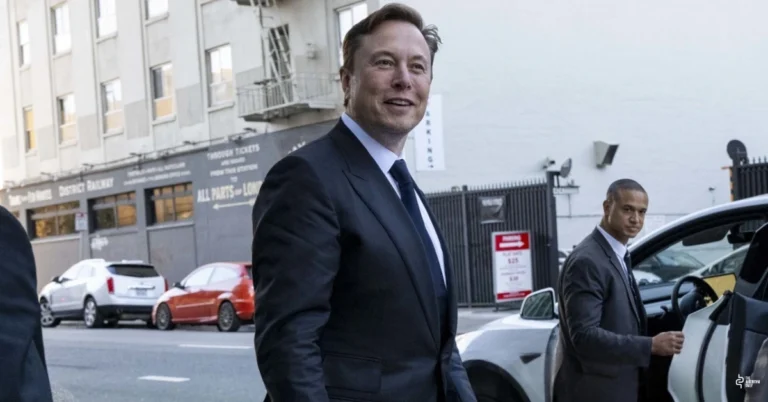Genesis AI, a new robotics startup, has officially emerged from stealth after raising a massive $105 million seed round. The funding, co-led by Eclipse Ventures and Khosla Ventures, will support the company’s goal of building a foundational AI model that can power many types of robots. Founded in December by Zhou Xian, a robotics PhD from Carnegie Mellon University, and Théophile Gervet, a former scientist at French AI lab Mistral, Genesis wants to enable robots to automate a wide range of real-world tasks from laboratory procedures to household chores.
What sets Genesis apart is its use of synthetic data. While traditional AI models rely on real-world data, collecting physical data for robotics is costly and slow. To solve this, Genesis has developed a proprietary simulation engine capable of creating realistic training environments. This technology originated from an academic project involving researchers from 18 universities and now forms the core of Genesis’ training method. Several researchers from that collaboration have joined the company, bringing expertise in robotics, machine learning, and graphics to its 20-person team.
Read Also: Google DeepMind Releases Gemini Robotics On-Device Model for Offline Robot Tasks
Genesis believes its physics engine offers a faster and more accurate way to train AI for robots than the industry standard tools, such as Nvidia’s Isaac Gym. By simulating the physical world in fine detail, the startup can teach robots to handle a broad range of tasks without relying on extensive real-world testing. This is a major advantage in a field where flexibility and adaptability are key.
The broader race to build general-purpose robotic models is heating up. Competitors like Physical Intelligence and Skild AI have already raised hundreds of millions of dollars. However, investors such as Kanu Gulati from Khosla Ventures believe Genesis stands out due to its novel approach. “It’s still an open question whether anyone will succeed in building a robotics foundation model that can generalise across tasks, but we believe Genesis is on the right path,” she said.
Genesis operates out of offices in Silicon Valley and Paris. The company plans to release its model to the robotics research community by the end of the year. As AI continues to shift from digital tasks to the physical world, Genesis is positioning itself as a key player in making robots smarter, faster, and more adaptable.




